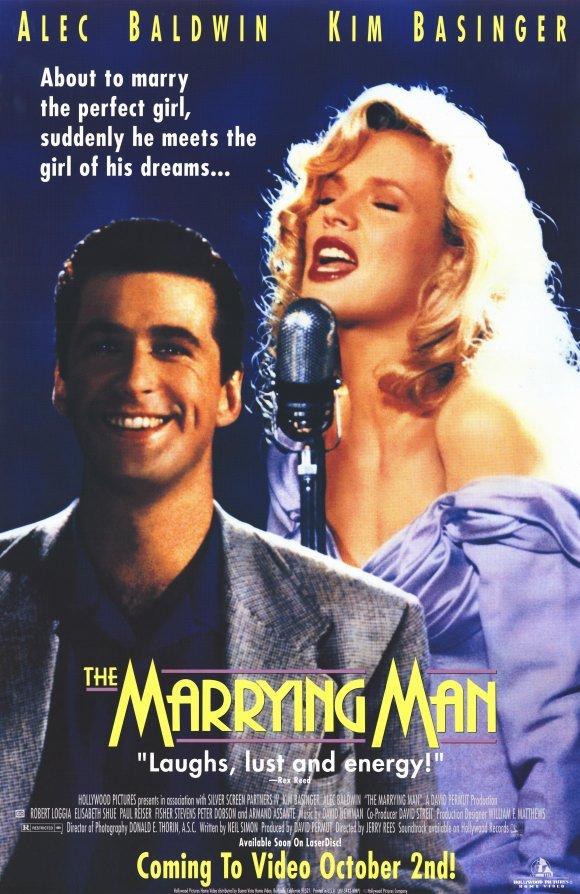
| None | Light | Moderate | Heavy | |
|---|---|---|---|---|
| Language | ||||
| Violence | ||||
| Sex | ||||
| Nudity |
Content:
(LLL, SS, VV) Roughly 40 obscenities and 10 profanities; fornication, sexual innuendo and immorality; and, violent beatings.
More Detail:
In this romantic comedy from Neil Simon, a handsome millionaire and a Las Vegas lounge singer portray a couple whose several marriages to each other are built strictly on physical attraction, which falls pathetically short of the biblical standard.
Charming, cocky and loaded, playboy Charley Pearl arrives in Las Vegas in 1948 with his freeloading buddies to celebrate his bachelor party. Charley plans to marry Adele, the classy daughter of movie mogul Lew Horner until he hears a sultry lounge singer named Vicki Anderson at a Las Vegas nightclub, and it’s lust at first sight. Vicki, however, is the personal property of mob boss Bugsy Siegel; nevertheless, Charley is smitten by her sexually suggestive performance and arranges to meet Vicki at her apartment.
Bugsy and his cohorts appear as the two make love, and, as retribution, he forces them to marry at gunpoint by a local justice of the peace. Charley’s hasty marriage and social prominence land him and Vicki on the front page of newspapers across the country, much to Horner’s (his would-be father-in-law) chagrin. Despite Charley’s promise of annulment, Horner cancels the wedding plans for Charley and Adele and takes his daughter abroad.
Returning home, Horner allows for new, but strictly private, wedding plans, insisting that Charley put up a half-million dollars bond which in case of default will go to a local charity. Once again, Charley and his buddies head for Las Vegas, where they hear Vicki sing, one thing leads to another, and the couple remarries, this time for love, or so they think.
Charley takes over the family business in Boston, but Vicki finds herself completely bored and useless, and decides to leave. She tells Charley the “sizzle” has gone out of their relationship.
After some time, Charley again finds Vicki, and it’s the same old story. In fact, two more times does the couple’s love-hate, can’t-do-with-or-without-you relationship lead to marriage and divorce, the last time (as far as we know) for keeps.
Although billed as a comedy, THE MARRYING MAN manages to denigrate marriage and to mistake lust for love. Thus, the portrayal of a couple who lust for each other, give in to their sexual desires before marriage, and repeatedly marry because they can’t stop fornicating sends a flawed message to young people.
As if in response to the film’s erroneous message about illicit love and faithless marriage, the Book of Proverbs issues a severe warning concerning involvement with the “strange woman,” which doubles as a metaphor for worldly ways as well: “Let not thine heart decline to her ways, go not astray in her paths…. Her house is the way to hell, going down to the chambers of death” (7:25,27).
Due to its distorted view of marriage, the more than 50 instances of filthy language and violent beatings, you may want to shun this so-called comedy and find your laughs elsewhere.



 - Content:
- Content: 


